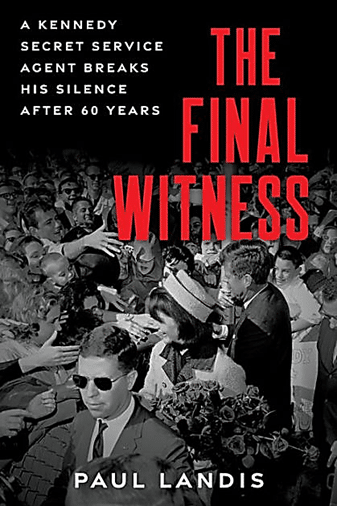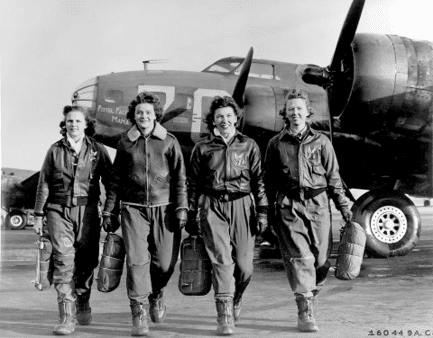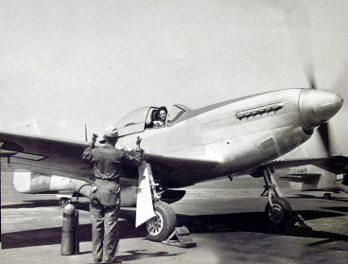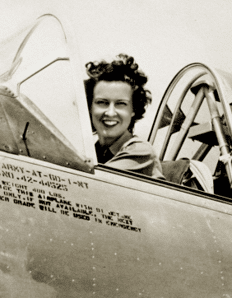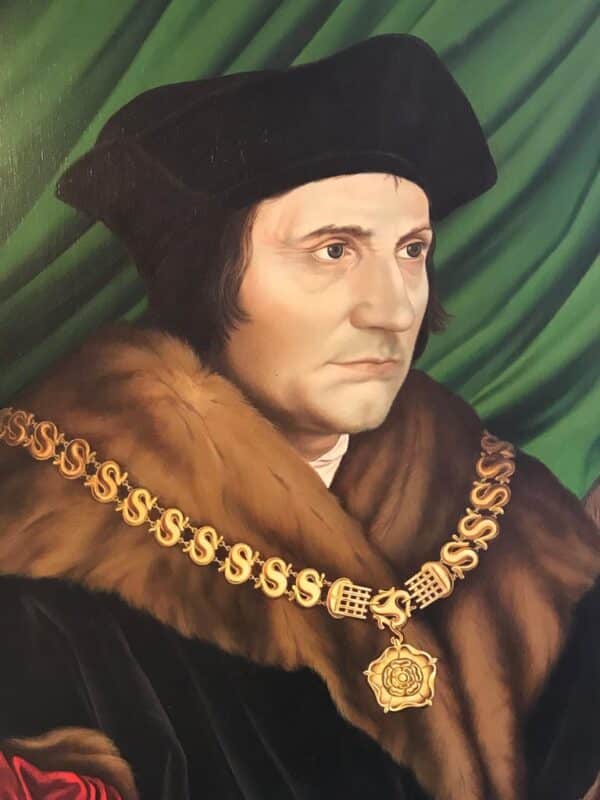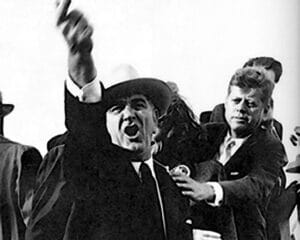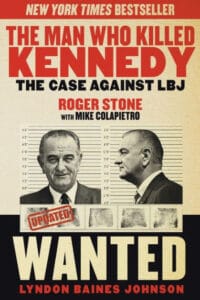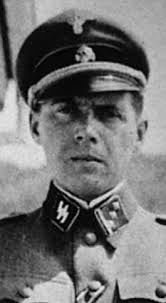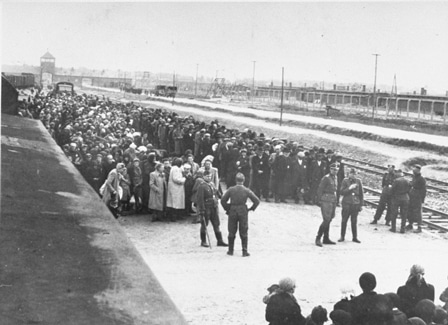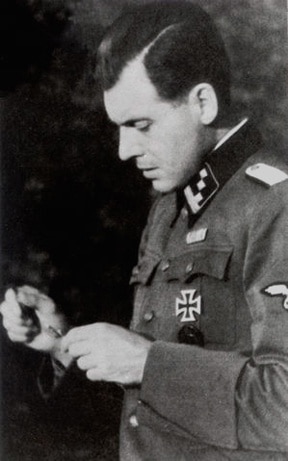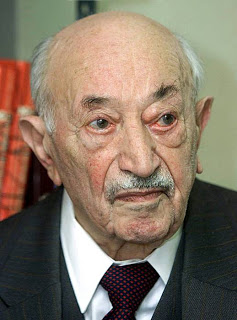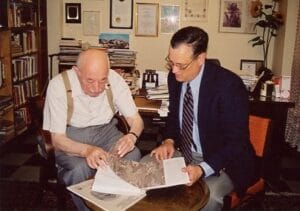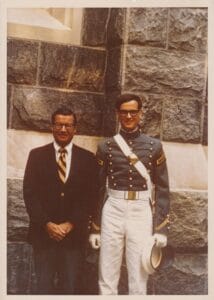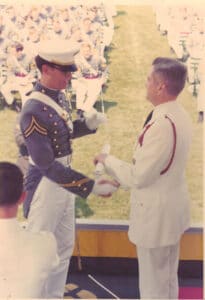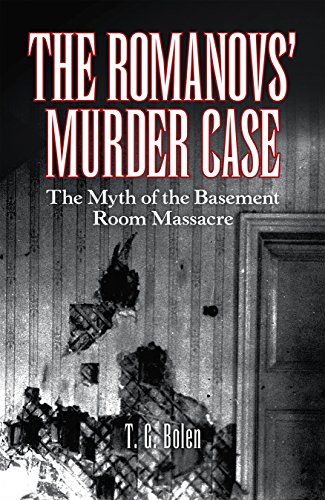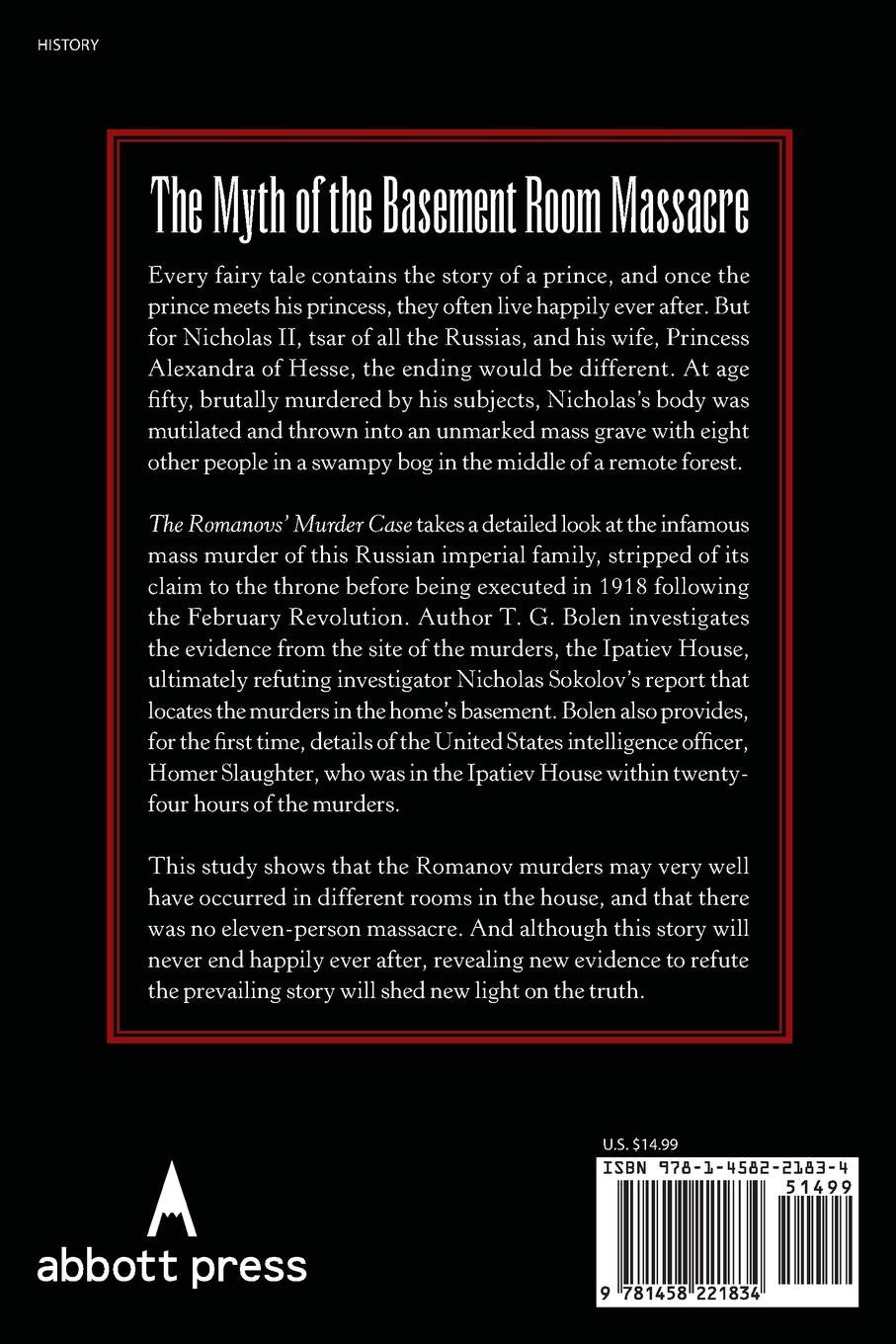The Final Witness
I just read — for the Second time — The Final Witness: A Kennedy Secret Service Agent Breaks His Silence After Sixty Years, by Paul Landis, a Secret Service agent not interviewed by the Warren Commission, who quit the agency in 1964, and who kept silent until recently.
Maybe if the commission had interviewed him, future US Senator Arlen Specter wouldn’t have wasted everyone’s time on the “Magic Bullet Theory”, with its mystical properties of changing direction, that enabled the conclusion that the infamous Lee Harvey Oswald was the sole shooter of President John F. Kennedy and Texas Governor John B. Connally.
Let me cut right to the chase. If you ever had, or have, a passing interest in the Kennedy Assassination or were/are a full-fledged “addict” of the most-significant crime of the 20th century, buy this book. Read this book. Underline significant passages in this book so you don’t have to waste time finding them when you read this book again; and maybe again after that.
The book had a one-month backlog on Amazon. I now not only have a copy for myself, but have also bought the book for several friends. You have a lot to read in life, but this is an easy read. The first 130 pages are about Agent Landis’ life before November 22, 1963. He writes well and you’ll blast through these so quickly it will seem like you’re skimming.
Then you are at the heart of the matter, lasting about 30 pages. You will either believe Agent Landis, or ascribe that he is too old to remember details, or that he has an axe to grind why he did not remain in the Secret Service, or that he just wants to make money.
Let’s quickly examine all three potential beliefs. As the author of over 15 published non-fiction works, I can tell you that Agent Landis didn’t make enough money as a first-time author to make up for the crap he is probably getting daily on social media for upsetting established “truths.” Second, as an Army officer for over 30 years, I know PTSD when I see or hear it, and while I’m not a psychologist, I know that he never got over what he experienced that day, and his resignation a year later proved that. He was right in the middle of the blood and the gore. And he couldn’t prevent it.
As to the facts, he presents so much detailed information, to include visual, audio and actually holding an intact bullet, and several bullet fragments, WHILE THEY WERE STILL IN THE PREIDENT’S LIMOUSINE.
In his book, he writes of three observations, from his position as a Secret Service agent who guarded the President’s wife and children. He started in a limo behind the President’s. Heard two shots from the rear that sounded different from one another. My take. This observation of sounding different could be a faulty memory. People remember songs well, but not exactly how individual instruments sound after the event. Two different sounds could be two different rifles, but they could also be the same weapon at changing distances and angles as the motorcade kept moving.
When they got to Parkland Hospital, Paul got into the President’s limousine while Mrs. Kennedy was in the back seat and found two bullet fragments on the seat beside her. Picked them up, looked at both quickly, and put them down where he had found them. My take. Happened as he said.
Now the last piece, and this is the big one. He helped lift JFK’s body out of the limo and on to a gurney. Then he helped Mrs. Kennedy stand up in the car, at which time he saw a completely intact bullet on top of the cushioning behind where she had been sitting. In other words, at that instant it was between the First Lady’s back and the back of her seat. My take. He was accurate, primarily because of what happened next.
Believing that the increasing crowd of people might include a souvenir-hunter, he puts the bullet into his pocket. However, he realizes in the examination room that he should not keep it, and places the bullet next to President Kennedy’s foot on the examination table. My take. Before writing this book, Paul Landis KNOWS that admitting that he took the bullet from the car will be critical of his conduct on that day. All he has to do is keep quiet and no one will ever know that. But he chooses the harder right and explains what he did and why he did it. This account rings true and accurate.
Conclusion. The intact bullet fell out of JFK’s back at some point during the shooting or the ride to Parkland. It could not have been the same “magic bullet” that supposedly went through the President, caused multiple wounds to John Connally and ended up on John Connally’s stretcher, having fallen out of Connally’s body.
It had fallen out of the President’s body, and later someone moved it from the side of the President’s foot to Connally’s stretcher — either by mistake or with intent.
Not even Arlen Specter can make a bullet go backwards and undo all the wounds it “supposedly” caused to the governor.
It also means that Oswald would have had to fire an additional shot that wounded just Connally. But he did not have time to do that.
Thank you, Paul Landis.
